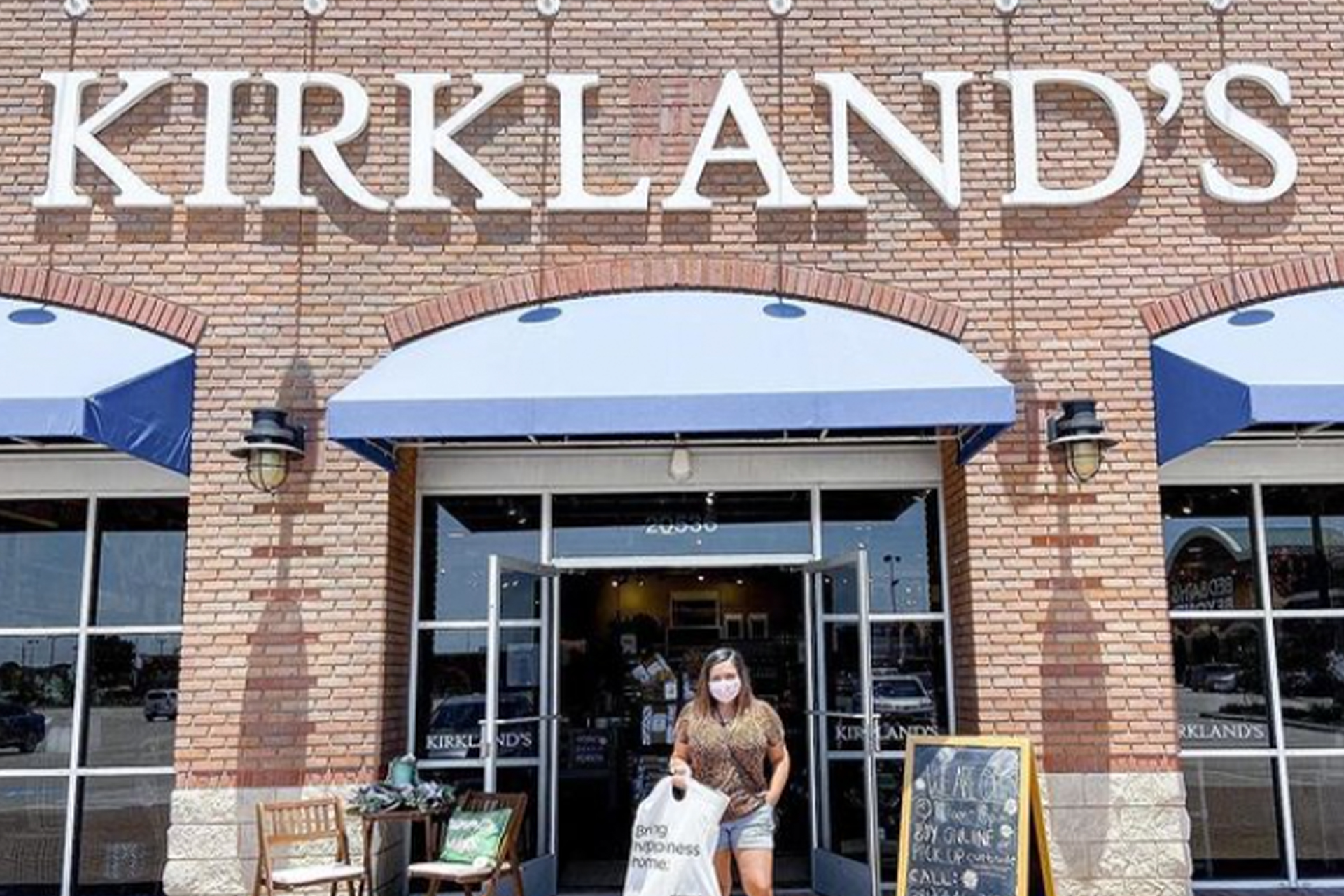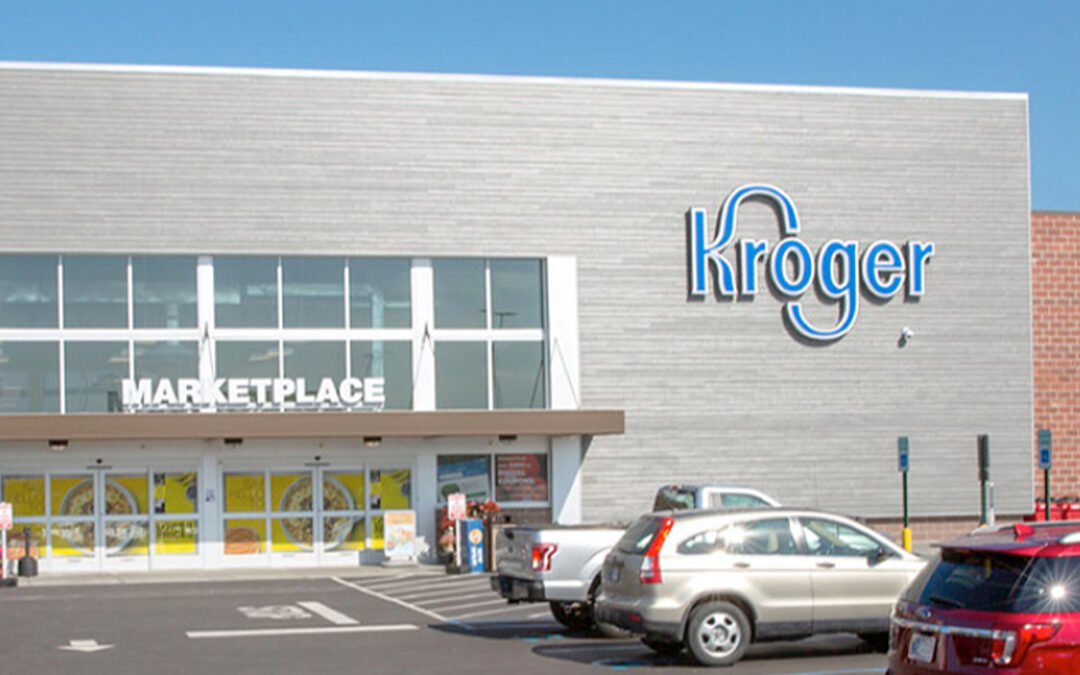Kirkland’s narrowed its loss in the second quarter compared to a year ago, beating Wall Street estimates while reporting store traffic gains ahead its critical holiday period.
Net loss was $14.5 million, or $1.11 per diluted share, versus a net loss of $19.4 million, or $1.51 per diluted share, in the quarter a year earlier.
A Yahoo Finance-published analyst consensus estimate was for a loss per diluted share of $1.31 and revenues of $84.2 million.
Comparable sales slipped 1.7%, including a 10.6% decline in e-commerce sales and a 1.8% increase in comp store sales, the company reported The decline was primarily driven by a decrease in consolidated average ticket and e-commerce traffic, partially offset by an increase in store traffic and conversion.
Net sales were $86.3 million versus $89.5 million in the year-before quarter. Operating loss was $13.3 million versus an operating loss of $18.1 million in the year-previous period, while adjusted operating loss was $12.7 million versus an adjusted operating loss of $16.6 million.
Kirkland’s noted, as previously disclosed, that it is currently engaged in the pursuit and evaluation of potential strategic opportunities to support the company and its initiatives. The process is ongoing, and the company has not set a deadline or definitive timetable for the completion of the strategic alternatives review process, Kirkland’s stated.
The company closed four stores to end its recent quarter with 325.
In a conference call, Amy Sullivan, Kirkland’s CEO, said early reads on Halloween sales are promising, which affords an entree to the holiday season, and plans call for targeted seasonal promotions. As part of its strategic activity, she said the company has been able to reengage lapsed customers with a 39% reactivation rate. The company has enhanced its loyalty program and grew its text messaging outreach, as well as building its TikTok presence, all of which, she noted, should help sales in the second half of the year. The company has boosted its gifting assortment as part of its focus on seasonal assortments but remains challenged on higher ticket products such as furniture and rugs, which it has scaled back. The company has brought in new e-commerce leadership and is planning a re-platforming of Kirkland’s online operations.”
In announcing the financial results, Sullivan said, “Our second-quarter comparable sales results reflect a sequential improvement from the first quarter and continued progress against our strategic initiatives. Our merchandising and marketing plans have continued to drive traffic to our stores, resulting in positive comparable sales performance in the channel, helping to offset the headwinds we are experiencing with our e-commerce business. Toward the end of the quarter, we began to introduce our fall and holiday assortment, and we are encouraged by our early reads, giving us further confidence in our plans for the second half of the year and our peak selling season. Through our ongoing efforts to re-engage our core customer, refocus our product assortment and strengthen our omnichannel capabilities, we are positioning Kirkland’s for improved financial performance and long-term success.”





